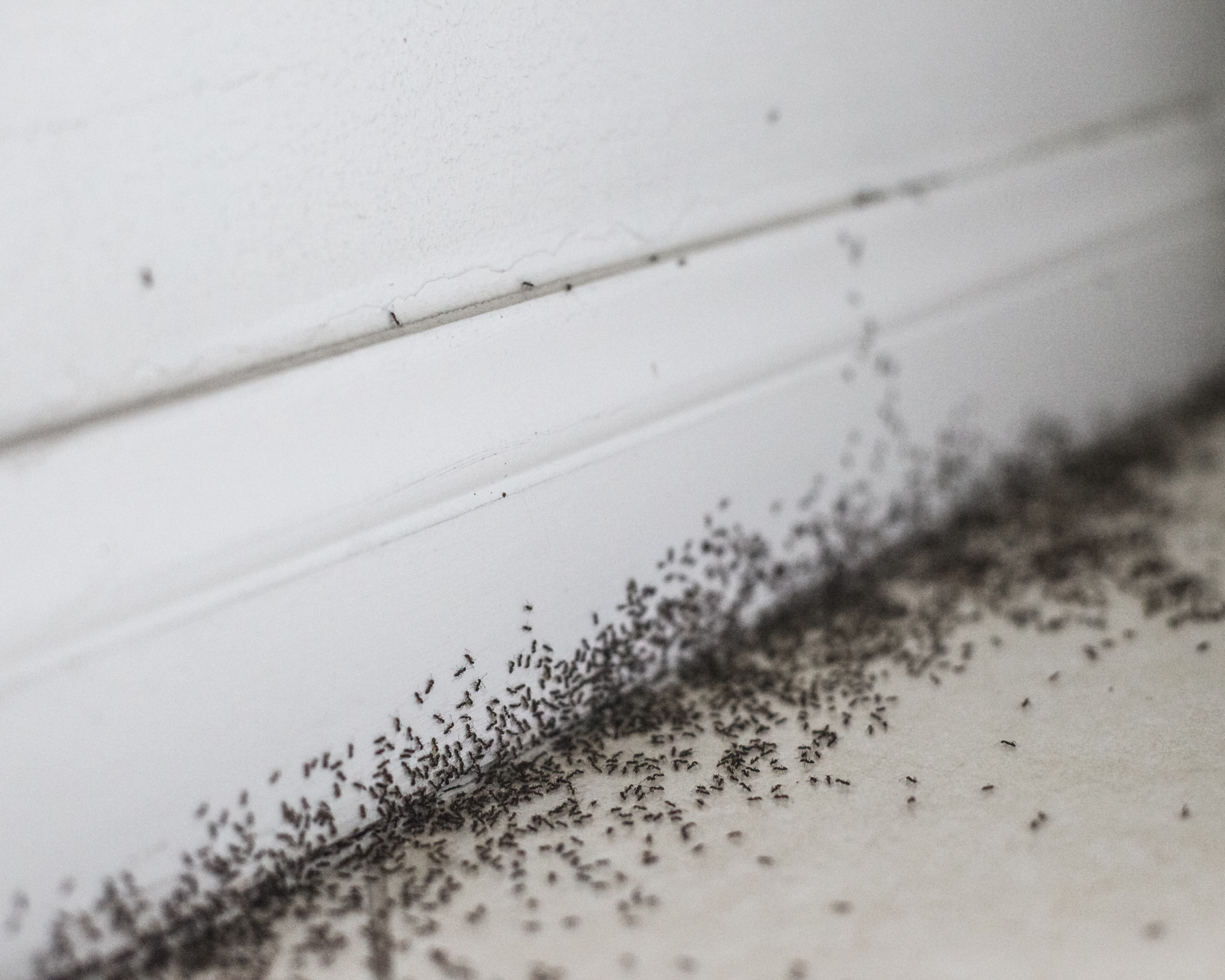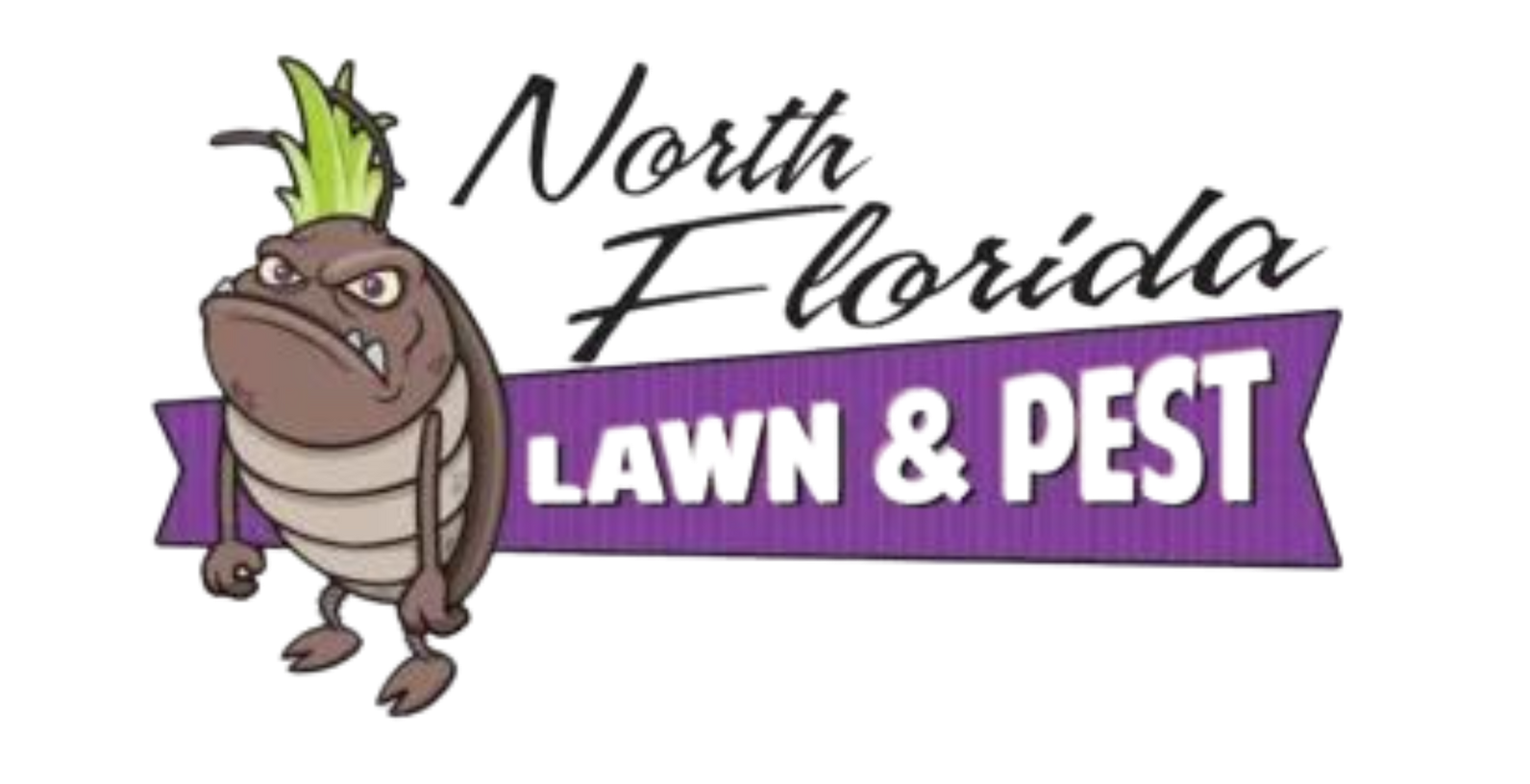How Can You Effectively Prevent Ant Infestations?
Best Ways to Keep Ants Out of Your Home
Ants can become a frustrating problem when they invade your space, but there are several ways to prevent them from entering your home in the first place. Whether you prefer natural remedies or more traditional methods, below are some of the most effective strategies for keeping ants at bay.
Why Ants Are More Than Just a Nuisance
Although most ants don’t directly harm humans, they can still pose a risk, especially when they invade kitchens or pantries. Ants can carry bacteria, which can spread germs and contaminate your food, making it important to act quickly when you spot them in your home. Keeping ants out of areas where food is prepared or stored helps maintain a healthier and more sanitary environment for you and your family.
Taking preventive measures early on can save you from a much larger infestation in the future. If you’re dealing with a persistent ant problem, reaching out to a professional pest control company is a smart move to safeguard your home.

Natural Ways to Keep Ants Out of Your Home
For those who prefer to avoid chemical-based solutions, there are several natural methods to repel ants that are both effective and family-friendly. While results may vary depending on the method and frequency of use, here are some popular natural remedies to keep ants at bay and how to apply them.
1. Vinegar
White vinegar is an easy and natural solution for repelling ants. Its strong scent interferes with the ants' ability to follow pheromone trails, preventing them from finding food sources.
How to Use Vinegar:
- Step 1: Mix equal parts white vinegar and water in a spray bottle.
- Step 2: Spray the solution along ant trails, windowsills, doors, and other entry points.
- Step 3: Wipe down the sprayed areas to clean away the scent trails.
- Step 4: Reapply regularly, especially in areas where ants are frequently spotted.
2. Essential Oils
Essential oils, particularly peppermint, tea tree, or lemon eucalyptus, are excellent at repelling ants. Their potent scent disrupts the ants’ sense of direction, making it difficult for them to navigate.
How to Use Essential Oils:
- Step 1: Combine 10-20 drops of essential oil with 2 cups of water in a spray bottle.
- Step 2: Spray the mixture around doors, windows, and any other entry points.
- Step 3: Alternatively, soak cotton balls in the mixture and place them in areas where ants are commonly seen.
- Step 4: Reapply as needed, especially after cleaning or heavy use of the area.
3. Diatomaceous Earth (DE)
Diatomaceous earth is a fine, natural powder that works by dehydrating ants upon contact, eventually killing them. Since it’s not a chemical, it’s a safer option for households with pets or children.
How to Use Diatomaceous Earth:
- Step 1: Wear a mask to avoid inhaling the fine powder.
- Step 2: Sprinkle a thin layer of DE along ant trails, near baseboards, windowsills, and entry points.
- Step 3: Reapply after it rains or after cleaning, as the powder loses effectiveness when wet.
4. Borax
Borax is another natural substance that works effectively in controlling ant infestations. When combined with sugar, it attracts ants, which then carry the mixture back to their colony. The borax disrupts their digestive system, leading to their elimination.
How to Use Borax:
- Step 1: Wear gloves before preparing the mixture.
- Step 2: Mix ½ teaspoon of borax with 8 teaspoons of sugar and 1 cup of warm water.
- Step 3: Soak cotton balls in the mixture and place them near ant trails.
- Step 4: Once the ants take the bait back to their colony, dispose of the cotton balls and clean the area thoroughly.
Note: Keep the mixture out of reach of children and pets, as borax can be harmful if ingested.
5. Cinnamon
The scent of cinnamon can confuse ants and block their ability to follow trails. It can also physically irritate them, making it an effective deterrent.
How to Use Cinnamon:
- Step 1: Sprinkle ground cinnamon at entry points like windows and doors.
- Step 2: Spread it along any visible ant trails or areas where ants frequently appear.
- Step 3: For longer-lasting effects, use cinnamon sticks or cinnamon essential oil.
- Step 4: Reapply after cleaning or rain, as the cinnamon may wear off.
6. Citrus Peels
Ants dislike the scent of citrus, and the natural acidity in citrus peels can disrupt their scent trails.
How to Use Citrus Peels:
- Step 1: Collect peels from fruits like oranges, lemons, or limes.
- Step 2: Dry the peels and grind them into a powder.
- Step 3: Sprinkle the powder near entry points and ant trails.
- Step 4: Reapply after rain or after cleaning, as the powder can be washed away.
7. Pepper (Cayenne or Black)
Pepper is another natural irritant that can block ants from following their scent trails, making it harder for them to move around your home.
How to Use Pepper:
- Step 1: Sprinkle cayenne or black pepper along ant trails or entry points.
- Step 2: Mix pepper with water and spray it around doors, windows, and other access points.
- Step 3: Pour the pepper solution into any ant mounds you find outside.
- Step 4: Reapply after rain or after cleaning.
Note: Keep pepper out of reach of pets, as it can be irritating to them.
8. Chalk
Chalk is a simple, temporary solution to block ants from entering certain areas. The powdery texture disrupts their scent trails, preventing them from following each other into your home.
How to Use Chalk:
- Step 1: Draw thick chalk lines around doors, windows, and other entry points.
- Step 2: Reapply the chalk after rain or once the lines start to fade.
Note: Chalk is not a long-term solution, as ants may eventually find ways around it.
Combining Natural Remedies for Better Results
For the best protection against ants, try combining different natural remedies. For instance, use vinegar to clean and remove scent trails, and follow up with essential oils or cinnamon to prevent ants from returning. Consistency is key, so reapply these solutions regularly.
Preventing Future Infestations
In addition to using natural remedies, there are a few steps you can take to prevent ants from coming back:
- Seal cracks and gaps around windows, doors, and foundations.
- Store food in airtight containers and clean up any spills right away.
- Regularly sweep and mop floors, wipe countertops, and take out the trash.
- Keep your yard clean by removing debris and trimming plants close to your home.
These proactive measures, along with natural remedies, can help you keep ants out and maintain a pest-free home.
What to Do If You Can’t Get Rid of the Ants
Even with persistent efforts, it can sometimes feel impossible to completely rid your home of ants. Different environments respond better to certain methods, so while a combination of borax and diatomaceous earth might work for some, others may find more success with essential oils or vinegar. Regardless of the remedy you choose, consistency is key to preventing ants from coming back.
When to Call in Professional Help
If natural solutions are falling short, it may be time to consider professional pest control services. While ants don’t typically pose immediate health risks, they can spread bacteria and, if left unchecked, potentially cause structural damage to your home. Professional exterminators can accurately assess the situation, identify the root cause, and apply targeted treatments to eliminate the infestation for good.
If you're dealing with a persistent ant problem and are located in Fleming Island, FL, reach out to Fleming Island Pest Control By NFLP. Our team will help you manage the issue and provide long-lasting solutions. For more tips and advice on dealing with household pests, check out our comprehensive FAQ guide.
Copyright © 2024 - Fleming Island Pest Control by NFLP All Rights Reserved


